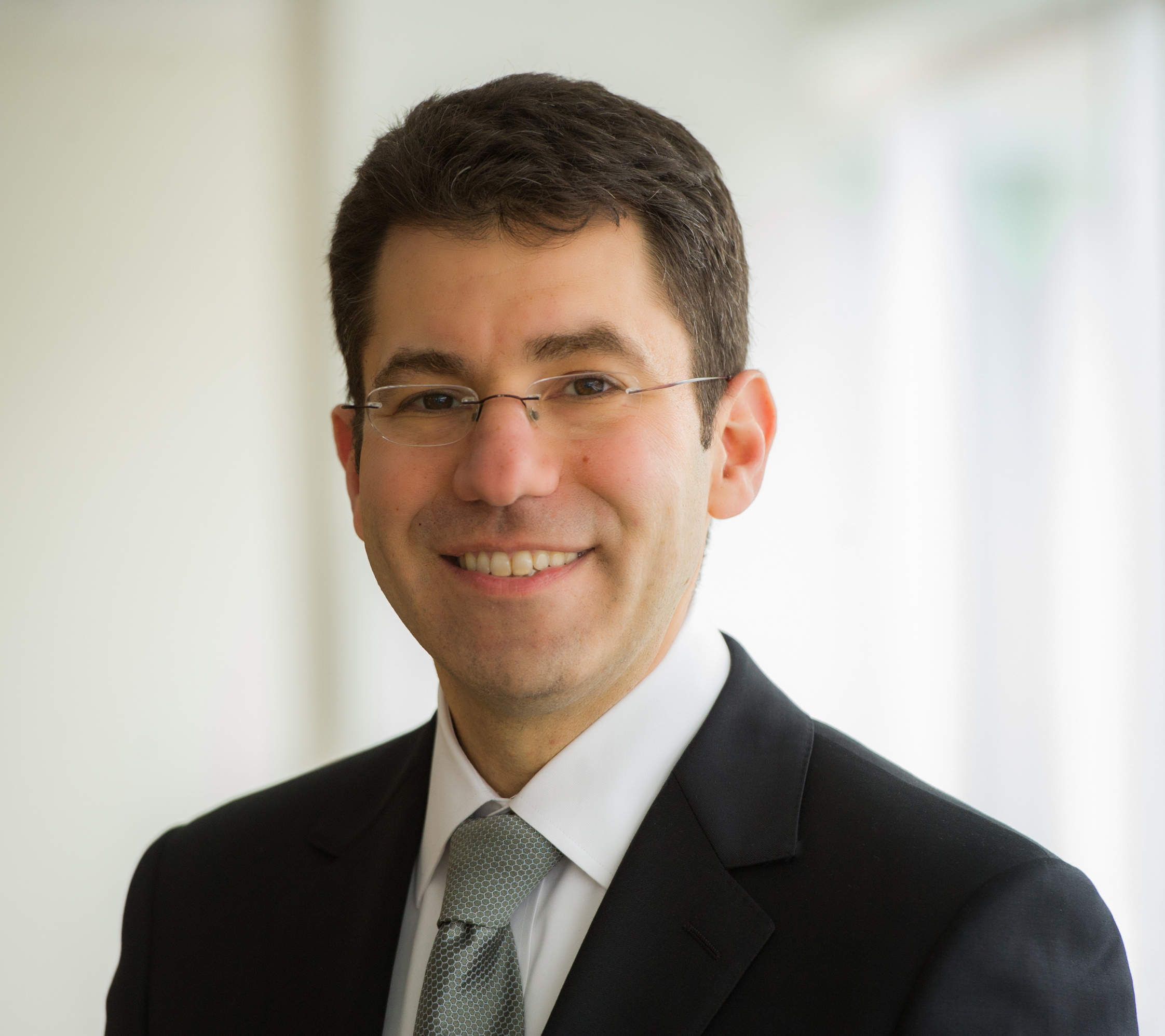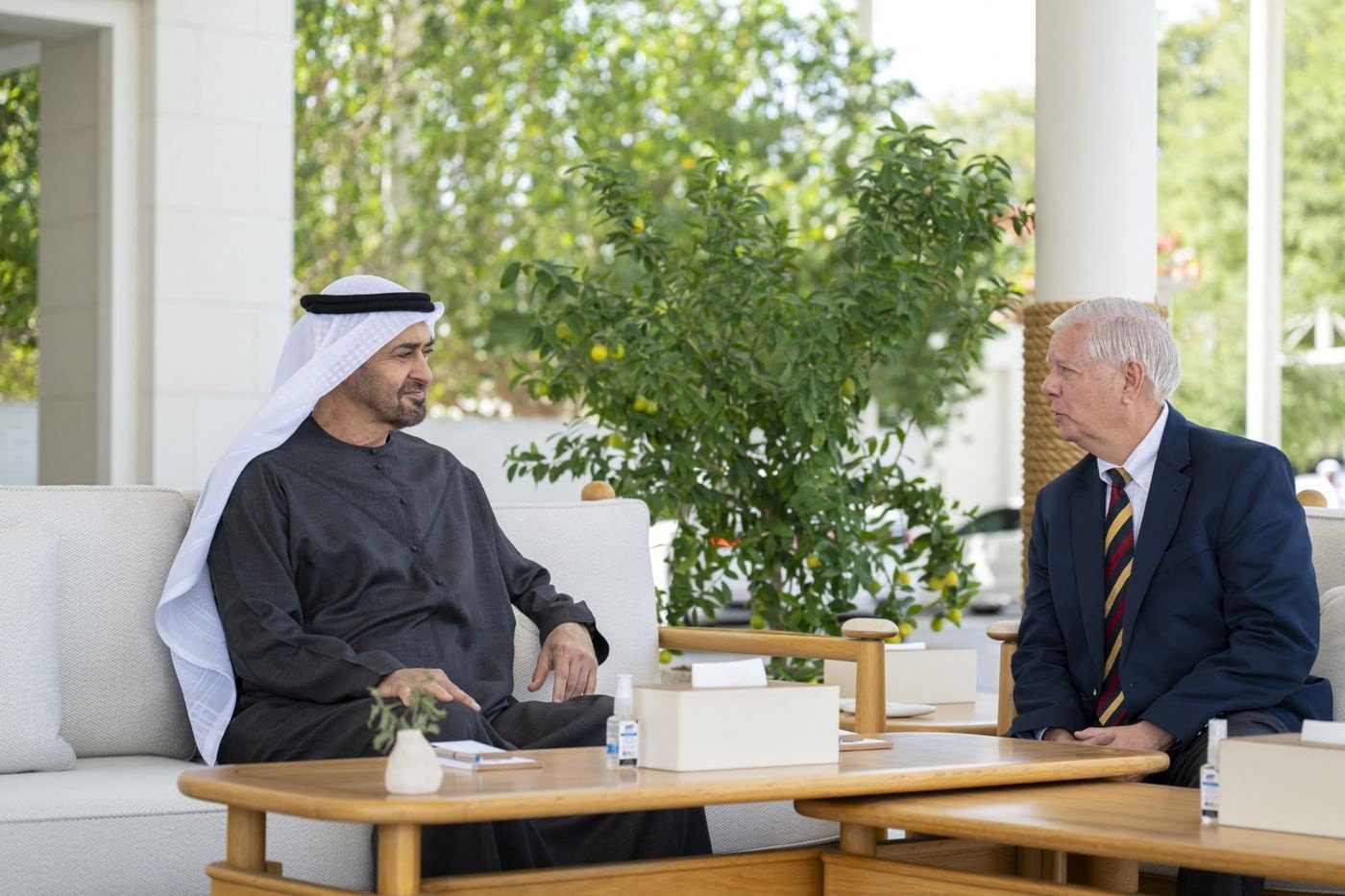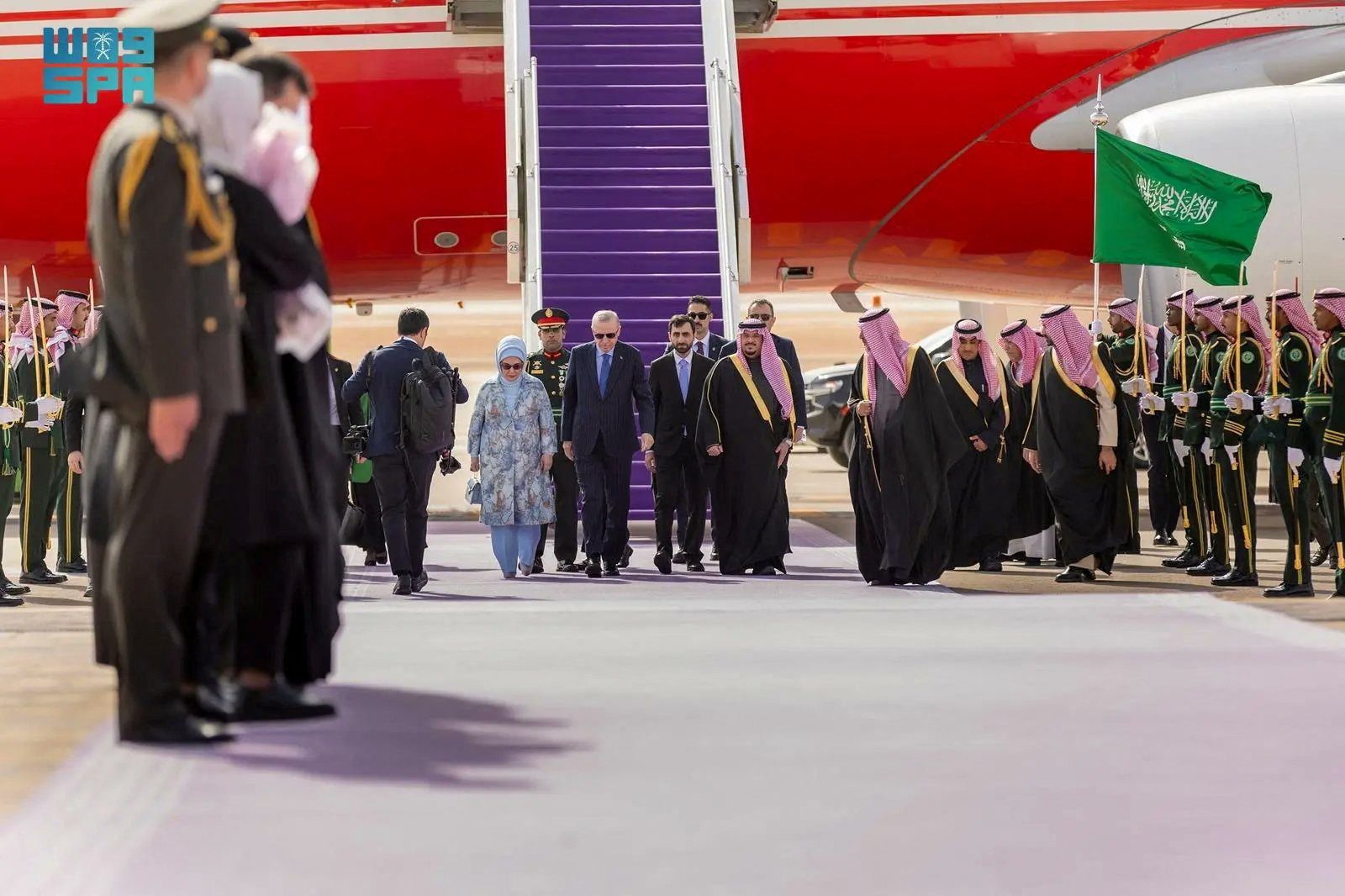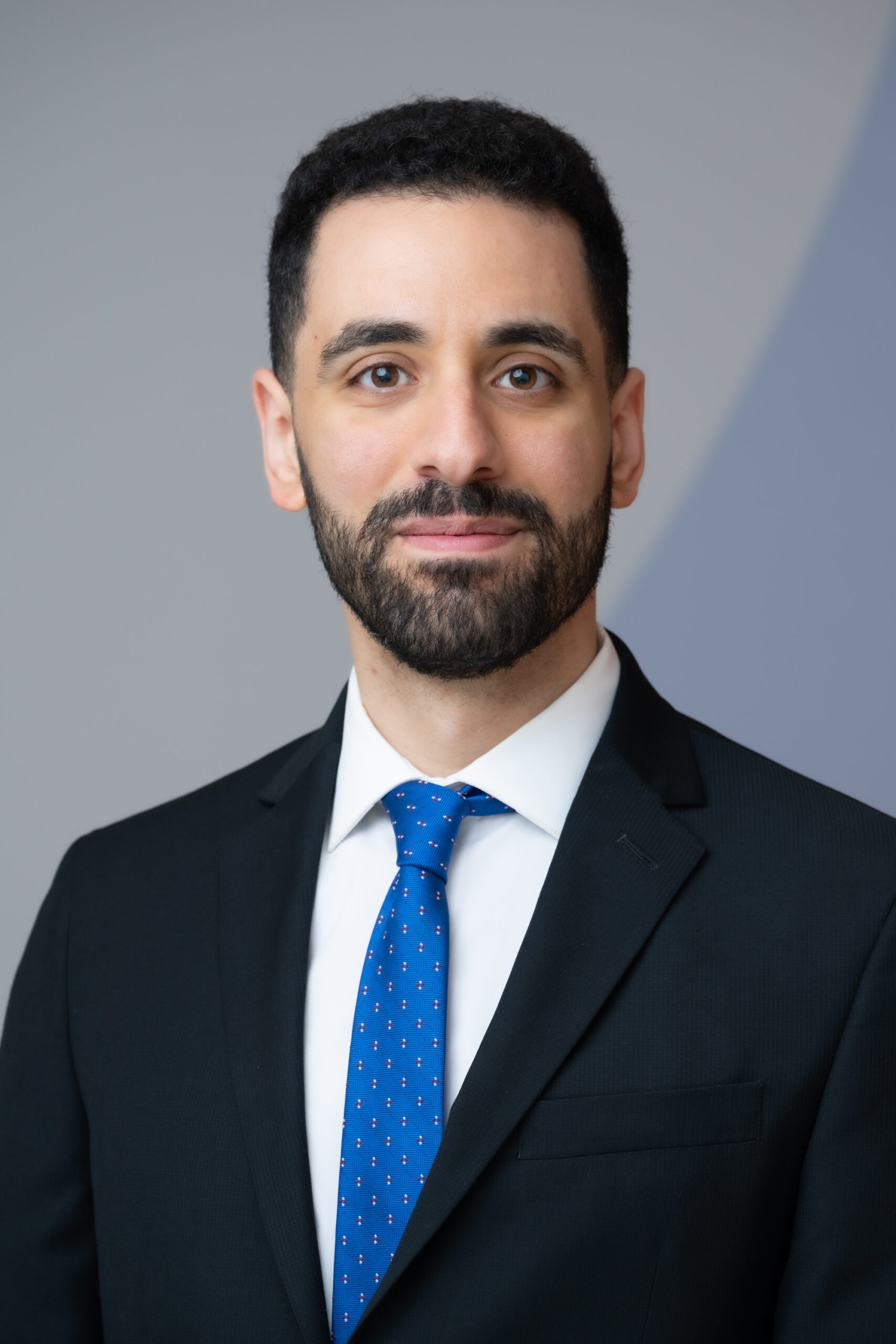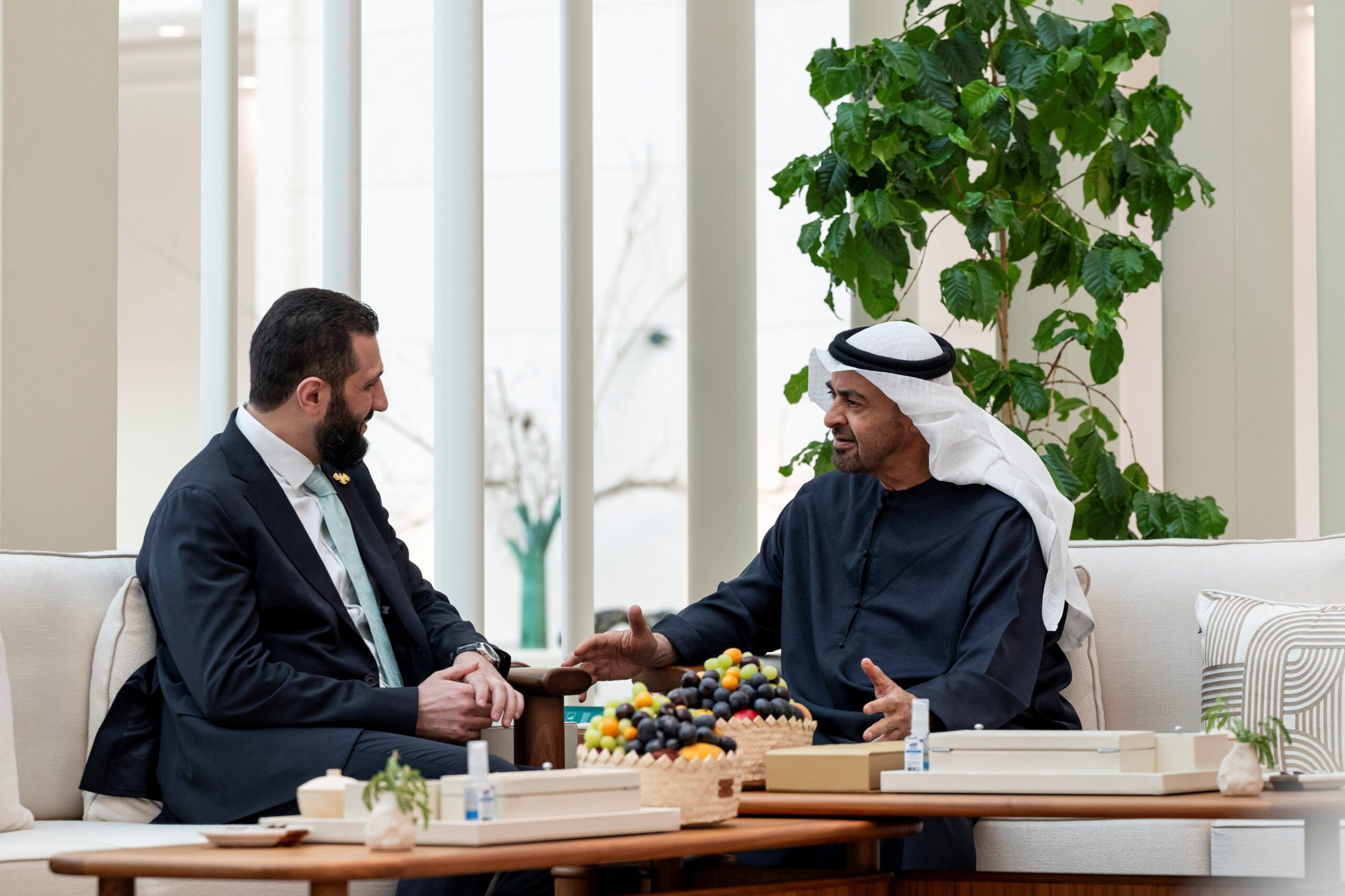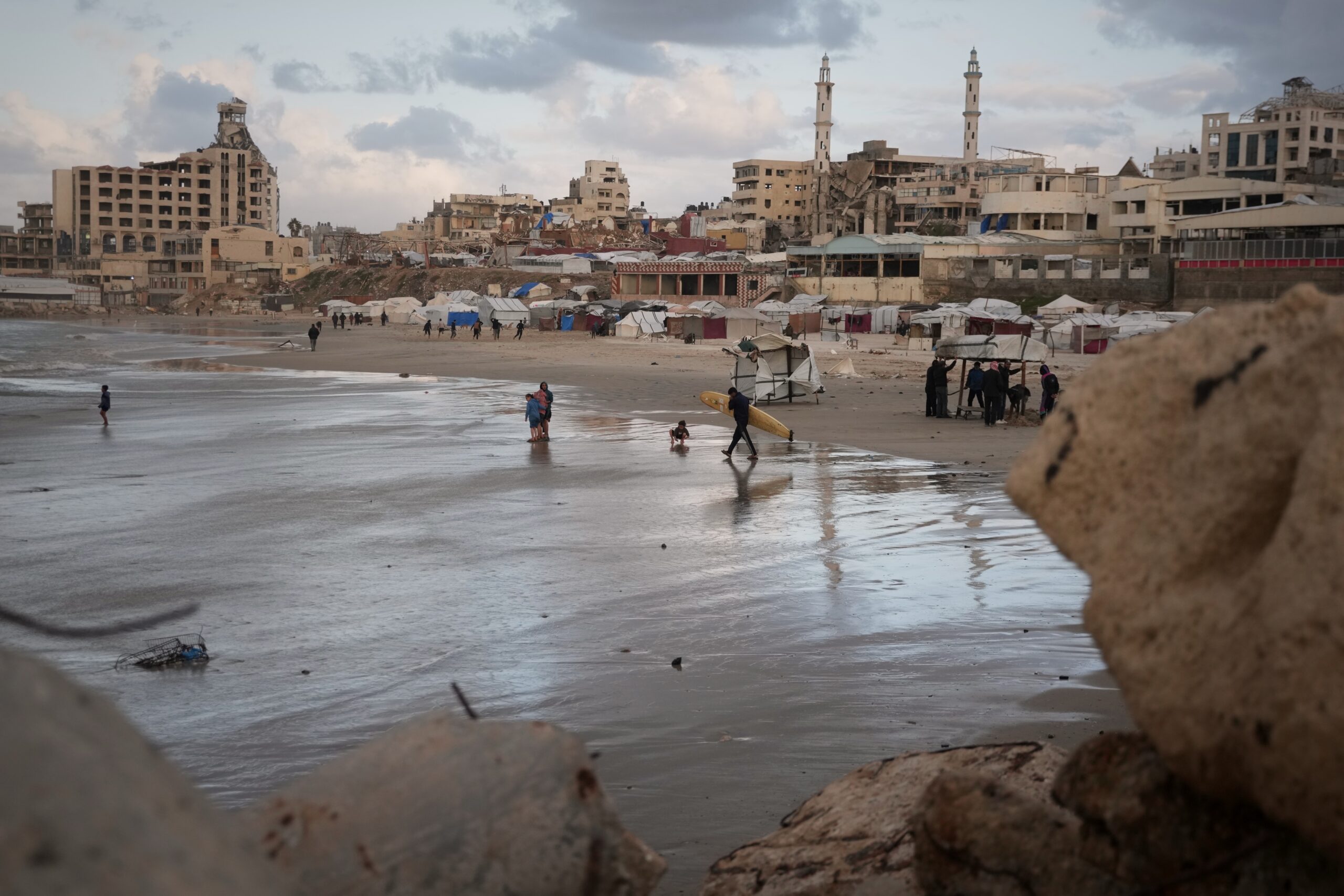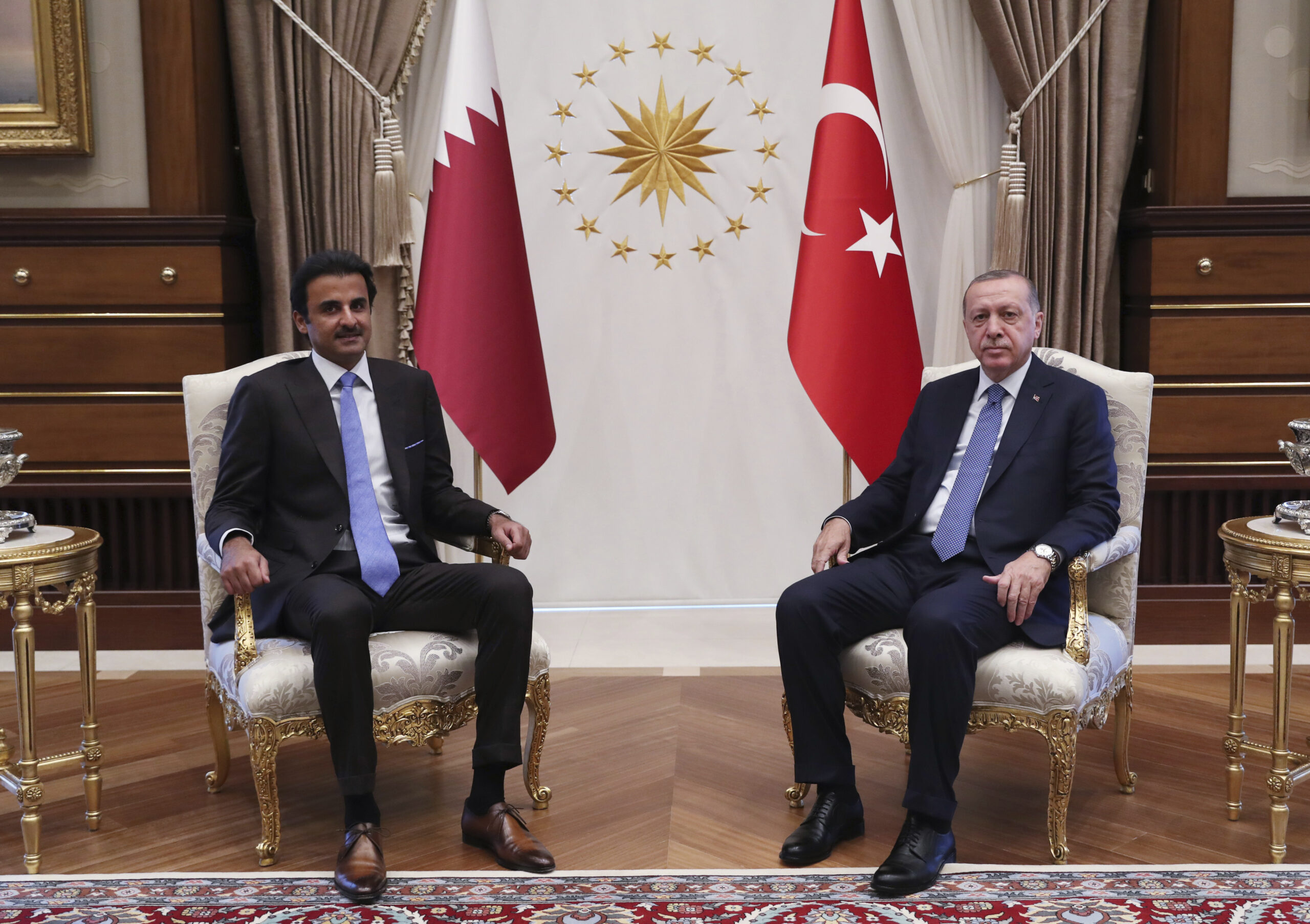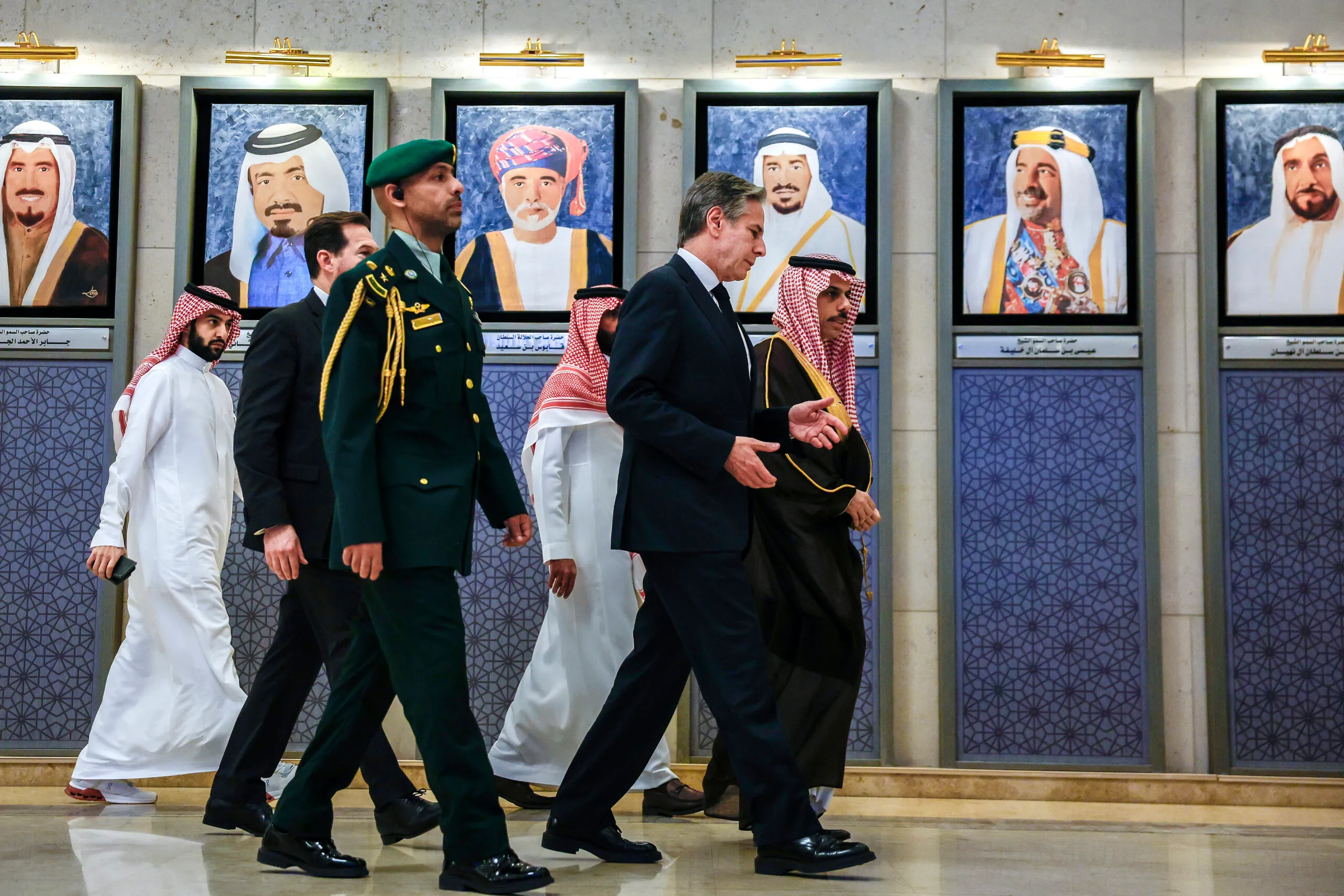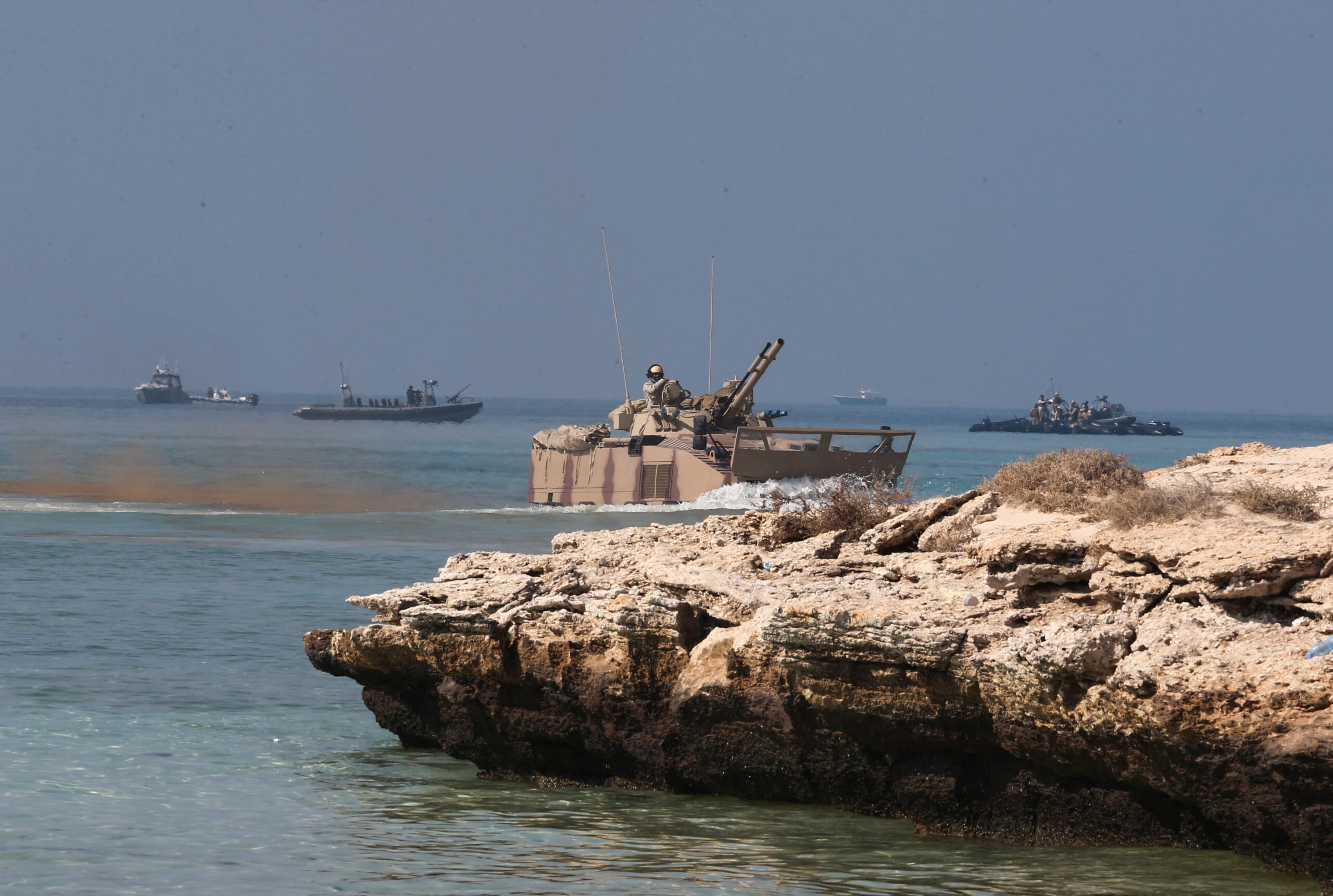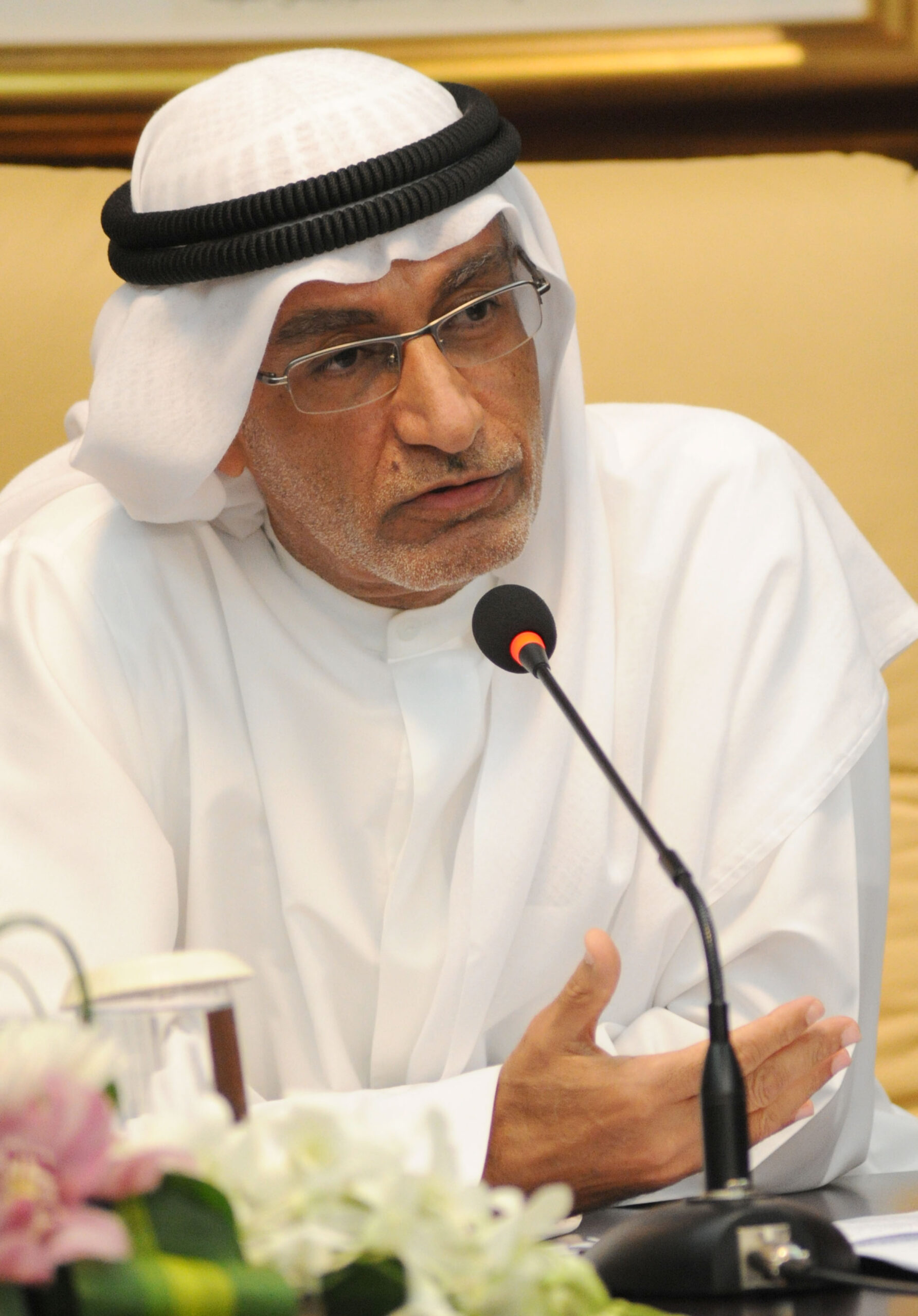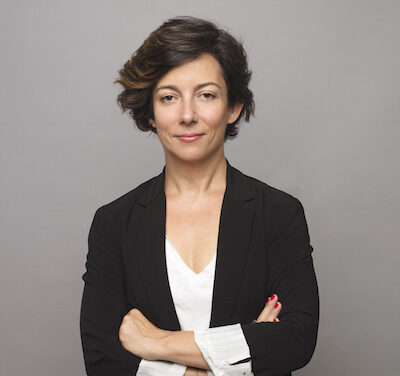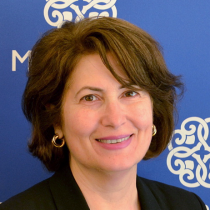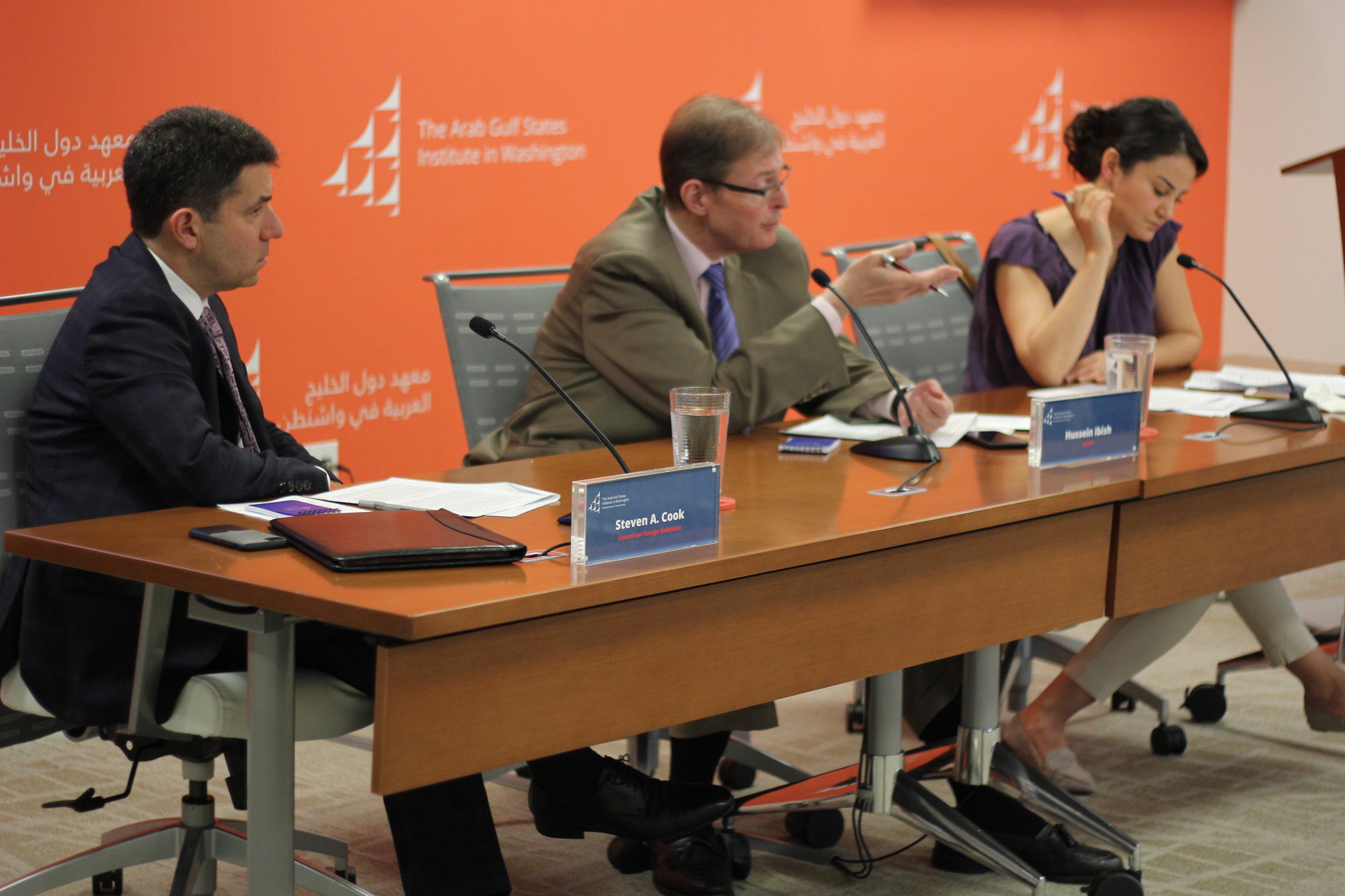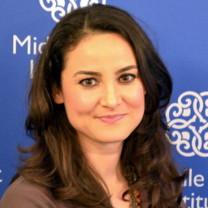Turkey and the GCC: Cooperation Amid Diverging Interests
The GCC countries view Turkey as an indispensable Sunni ally and counterweight to Iran, but a difficult, and at times unreliable, partner.
2 min read
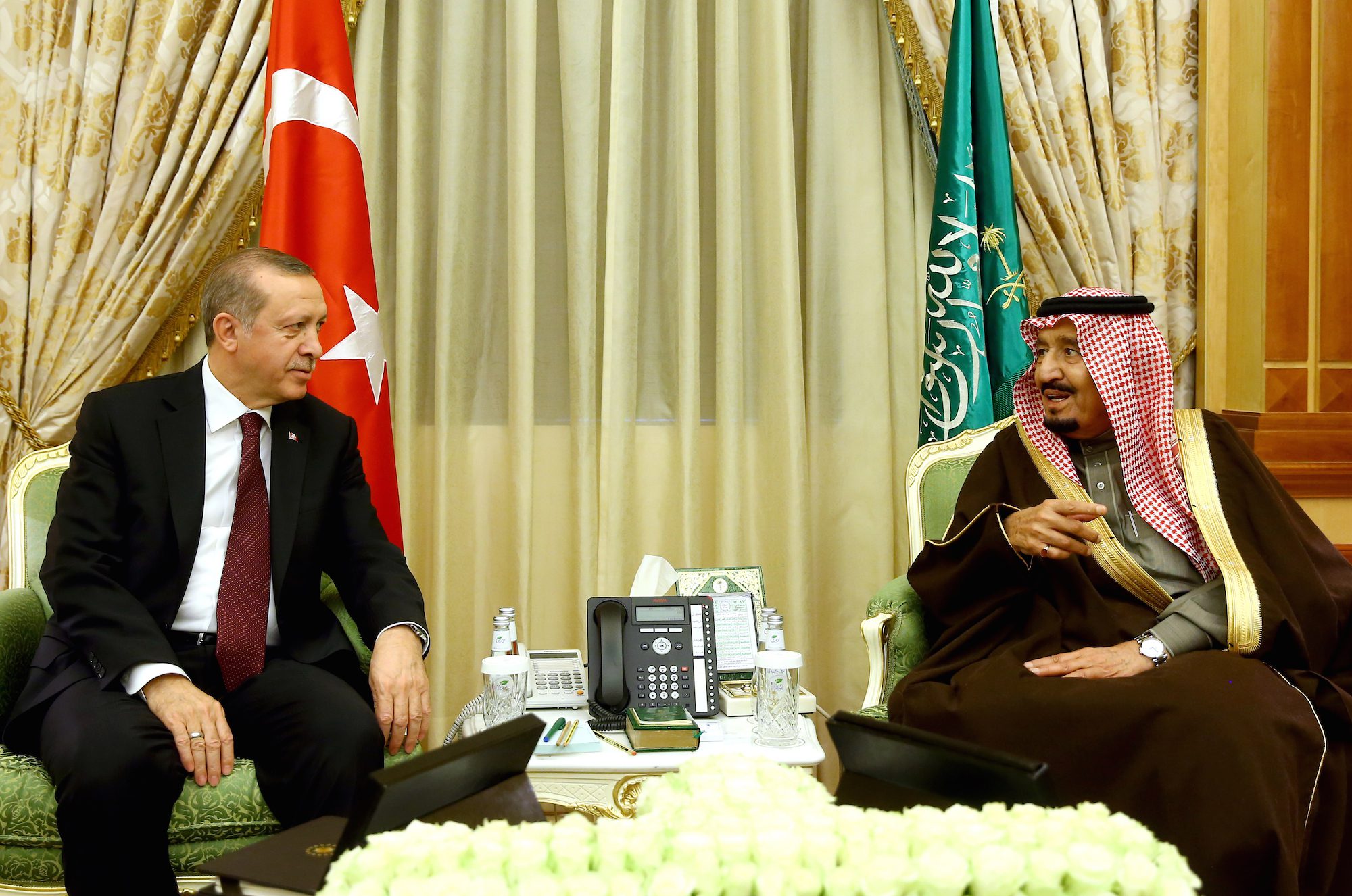
Executive Summary
Since the Justice and Development Party (AKP) came to power in November 2002, Turkey’s relations with the Gulf Arab countries have fluctuated between varying degrees of cooperation and mutual suspicion. From the Turkish perspective, these dramatic shifts have been driven primarily by changing political needs of the AKP’s leadership against the backdrop of a political worldview that sees Turkey as a natural leader in the Muslim world. This has led to moments of unprecedented cooperation between Turkey and some of the Gulf states, as well as instances of mistrust and competition. This pattern is likely to continue as the Turks cope with multidimensional security threats and domestic political challenges that threaten to further destabilize the country.
The Gulf Cooperation Council countries view Turkey as an indispensable Sunni ally and counterweight to Iran, but a difficult, and at times unreliable, partner. This has been especially evident in Syria, where, until recently, Turkey joined Saudi Arabia and Qatar as the main outside powers pressing for regime change. However, this partnership has been strained as Turkey has shifted its focus to Kurdish issues and partnered with Russia on a long-term cease-fire effort. Further, Turkey’s view of Iran as a problem to be managed rather than resolved places Ankara at odds with the Gulf Arab states. Additionally, the Gulf states are divided on the Turkish government’s Islamist leanings, with the United Arab Emirates especially concerned about its regional ideological influence. Gulf Arab countries also have some long-term concerns about Turkey’s regional ambitions. Therefore, Gulf Arabs seek to ensure that Turkey remains an engaged regional power, but not too engaged, playing a major regional role, but not an overbearing one. However, if Turkish President Recep Tayyip Erdogan’s effort to consolidate domestic political power leads him back to a more active and less constructive approach to the region, Turkey and the Gulf Arab countries could once again find themselves on different sides of various regional issues.
The AGSIW Gulf Rising Series
This paper was developed as part of AGSIW’s Gulf Rising series analyzing the energized role of the Gulf Arab states in the international system. The series looks beyond GCC relations with the United States to examine ties with other key countries and regions. Additionally, it investigates motivations behind Gulf Arab states’ foreign policy choices and evaluates the implications for U.S. foreign policy toward the GCC states and the region.
The views represented herein are the author's or speaker's own and do not necessarily reflect the views of AGSI, its staff, or its board of directors.

